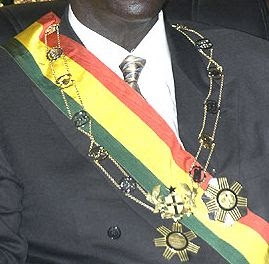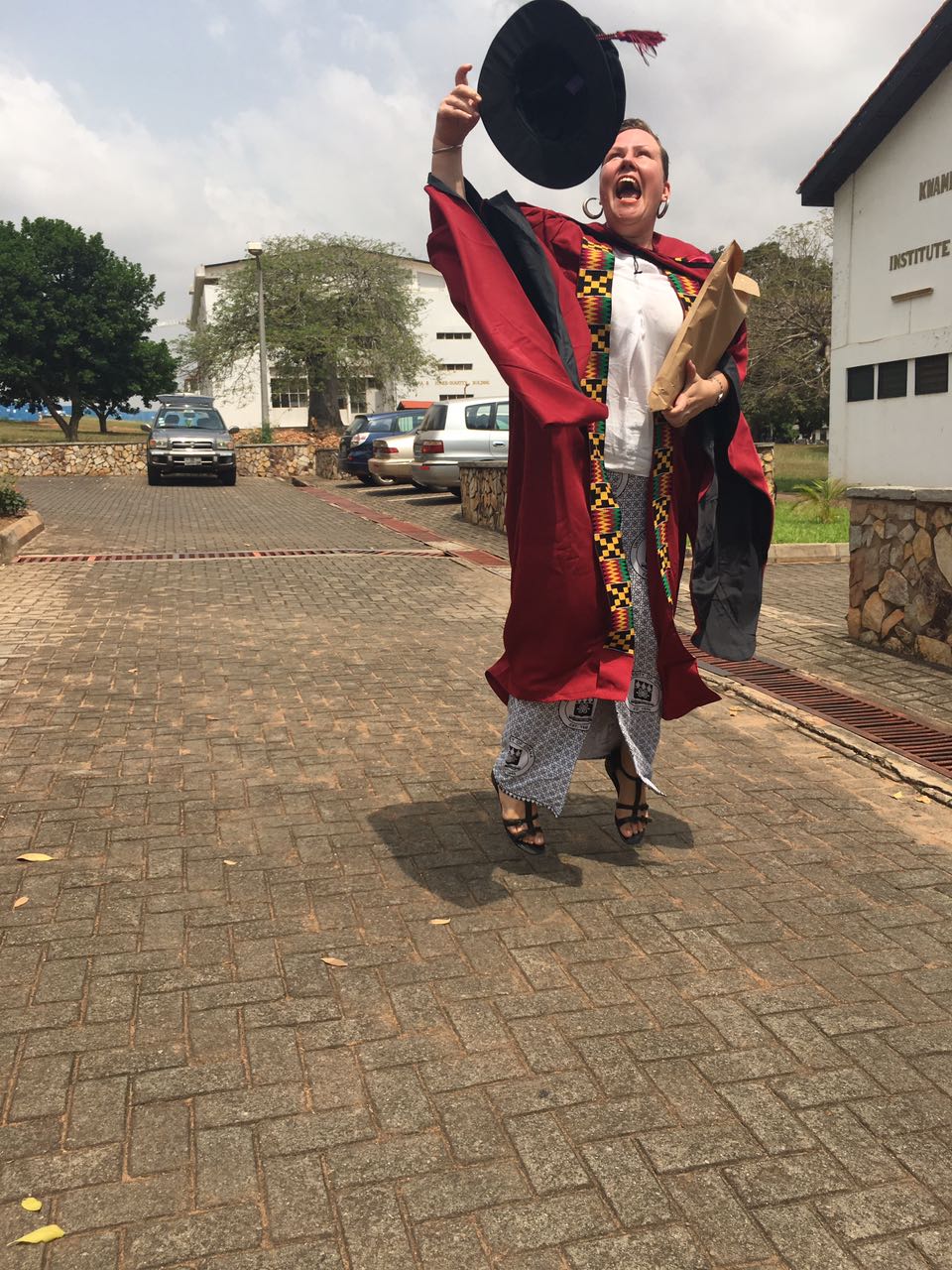> The last weeks as the “global” financial crisis has rolled out, I have been thinking about the impact for Ghana. What will the implication be for African countries such as the one I live in when US and Europe are experiencing a sharp decline that can only be partially slowed down by tens or even hundreds of BILLION dollars.
Will Africa’s already weak economies get hit by the financial splatter of the West?
No, I don’t think so. At least not that much. Less aid? Yeah maybe. But when it comes to dealing with a bubble…Hey, there’s no bubble to deal with. Actually, there is barely any credit in the Ghanaian economy – everything is cash.
You buy a house in a cash (or more like it buy some bricks today and some pipes tomorrow), car in cash, you get paid in cash (or a check that you immediately cash after a long wait in a bank queue) and interest rates for loans read about a hefty 27-33 percent, making them a no go option for most people. Also, Ghana and bigger part of Africa south of the Sahara (with the exception for maybe South Africa) is not really a part of the so called global financial markets.
Hence, the advice is to now invest in Africa. Our strong and solvent markets are now, finally, hyped by financial advisers see for instance here and here and here.
Even the World Bank and their economist Shanta Devarajan who runs the Afropositive blog Africa Can, seems to agree with me. In Ghana, the whole crisis is rarely discussed, maybe because of the upcoming elections or maybe because people just have an instinctive feel it wont affect Ghana.
Maybe it is Africa’s turn now!
Pic: The sky is blue but not cloud free in Accra, Ghana.





